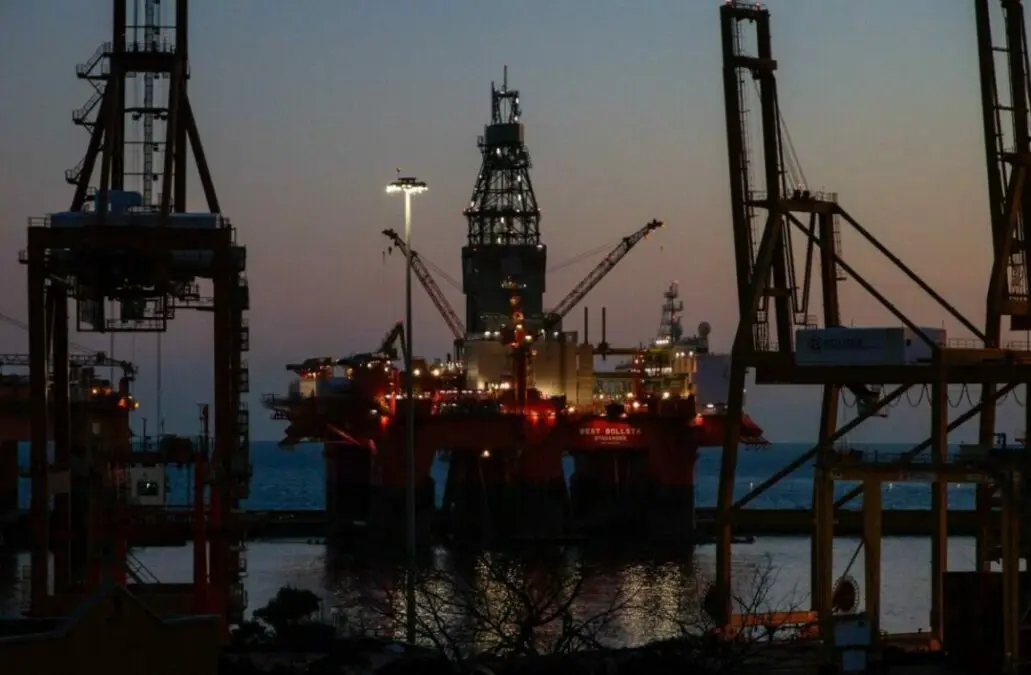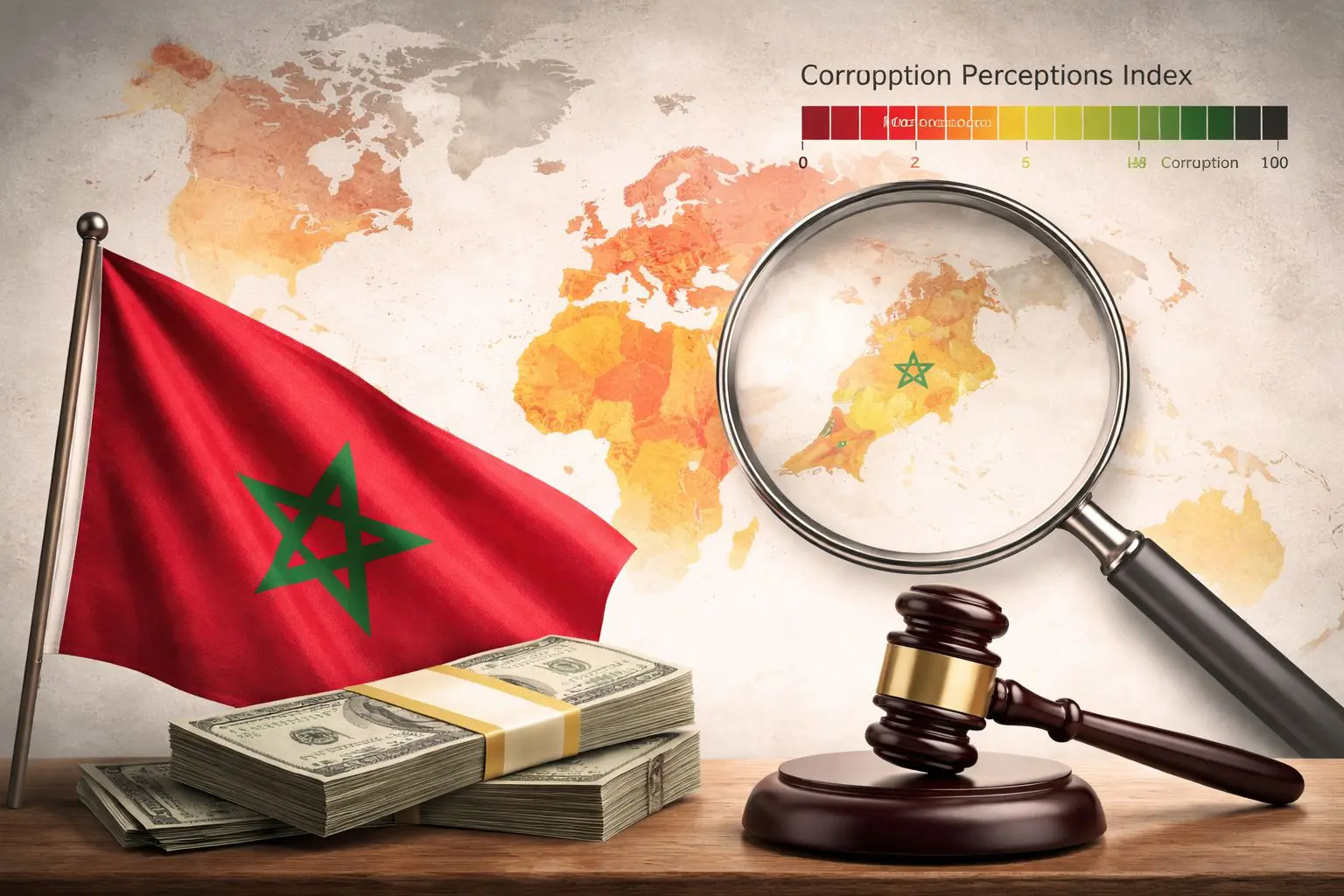Previously affected by the Covid-19 pandemic, the war in Ukraine has further weakened the world economy.
World trade is facing unprecedented disruptions in energy and food commodities, metals, fertilisers and air freight. All over the world, the cost of living is rising.
Oil continues to soar, since 24 February it has risen by 30%, on Sunday the barrel was at 139 dollars, close to the record of 2008 when the barrel was traded at 147 dollars.
Oil continues to soar, since 24 February it has risen by 30%, on Sunday the barrel was at 139 dollars, close to the record of 2008 when the barrel was traded at 147 dollars.
On the European markets, gas has again broken records to reach more than 300 euros per megawatt hour, an increase of 60%. Electricity followed this trend while the production costs of the electricity system remained broadly stable. (About 85% of these costs are fixed).
The invasion of Ukraine and the economic sanctions against Russia bring a risk of economic slowdown coupled with high inflation. The scarcity of available raw materials could create major disruptions in production chains, which would have a negative impact on growth and generate further price increases.
While the forecasts for 2022 were for slower growth and resilient inflation, the conflict in Ukraine is likely to amplify these economic trends.
Europe and Asia are more exposed than the US, with the EU being the most sensitive through the knock-on effect, given its dependence on oil and gas imports.
If the conflict persists, we will see a long-term crisis with sustained high prices, with consequences for all economic sectors that use oil, businesses, the agricultural sector, the chemical sector, plastics and transport.
Uncertainty with the collapse of the post-cold war geopolitical order and the risks of escalation is shaking the financial system with possible defaults in Russia and Ukraine and their possible contagion to other countries.
Since the beginning of the Russian offensive on Ukraine, the stock markets have been experiencing strong fluctuations. On Monday, the stock markets in Europe started the week in the red, on Tuesday they gradually recovered in the green.







